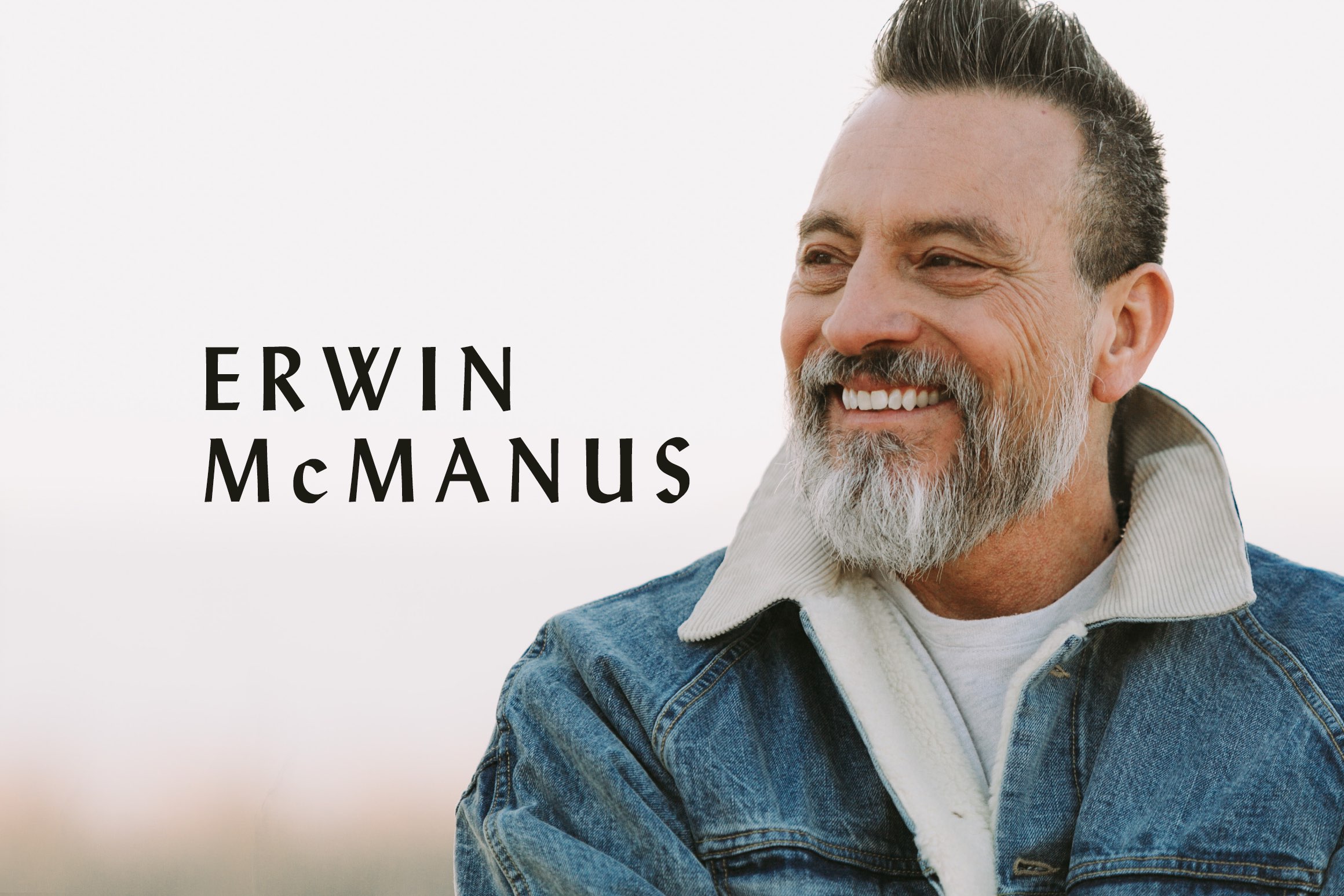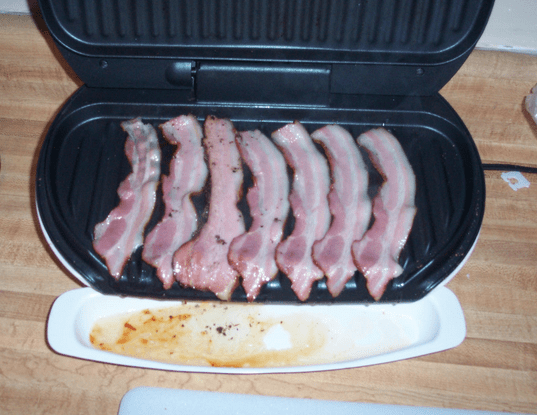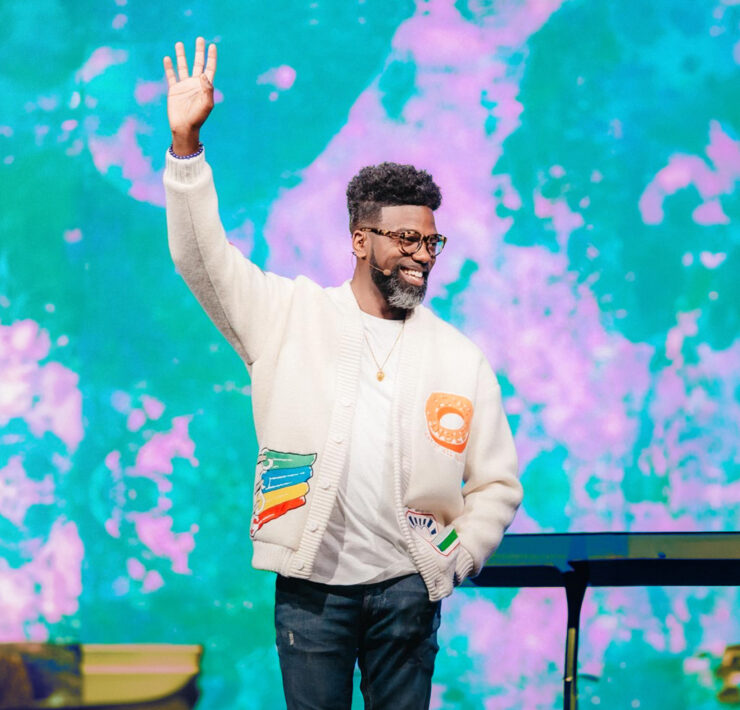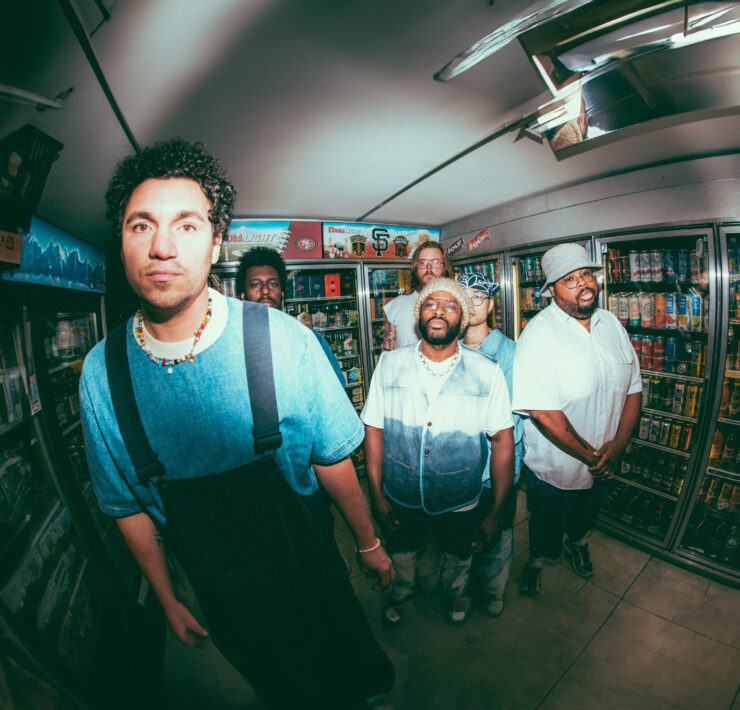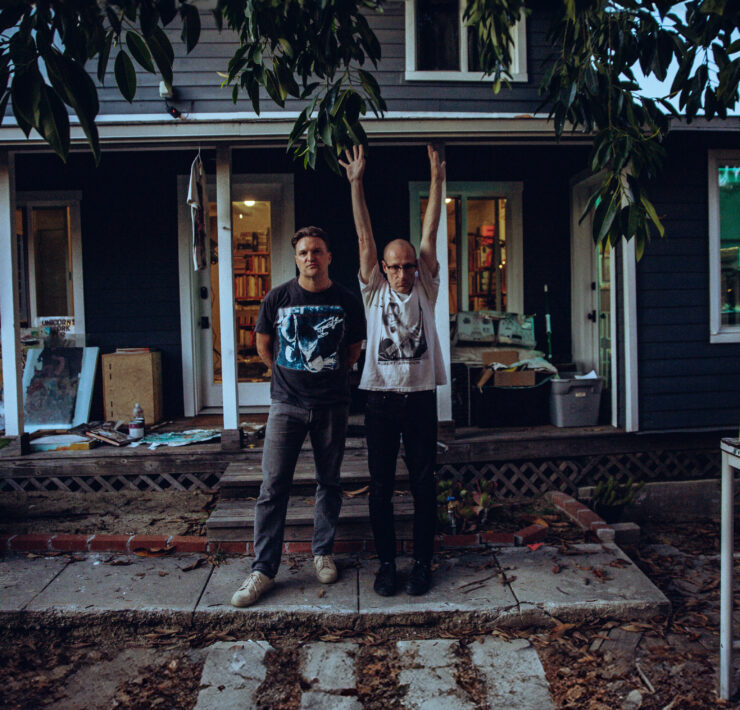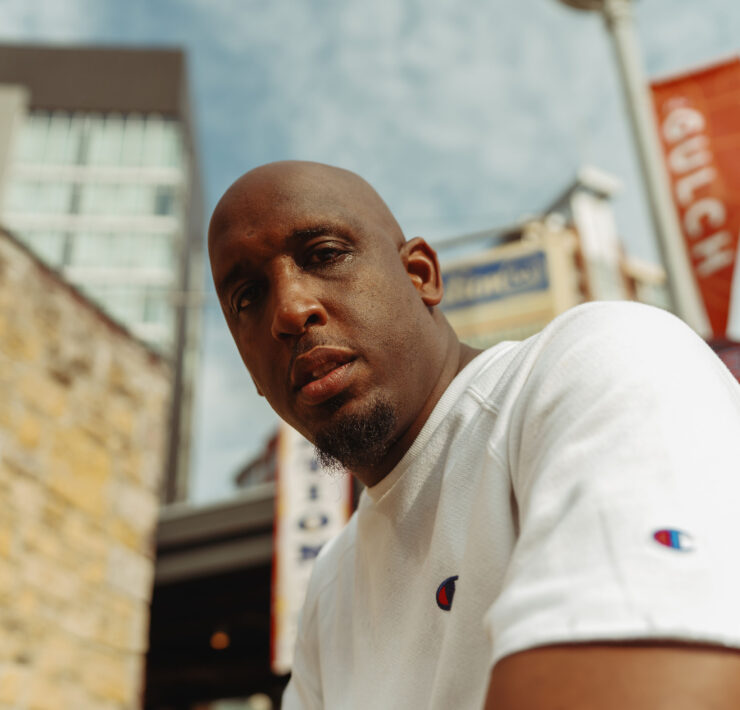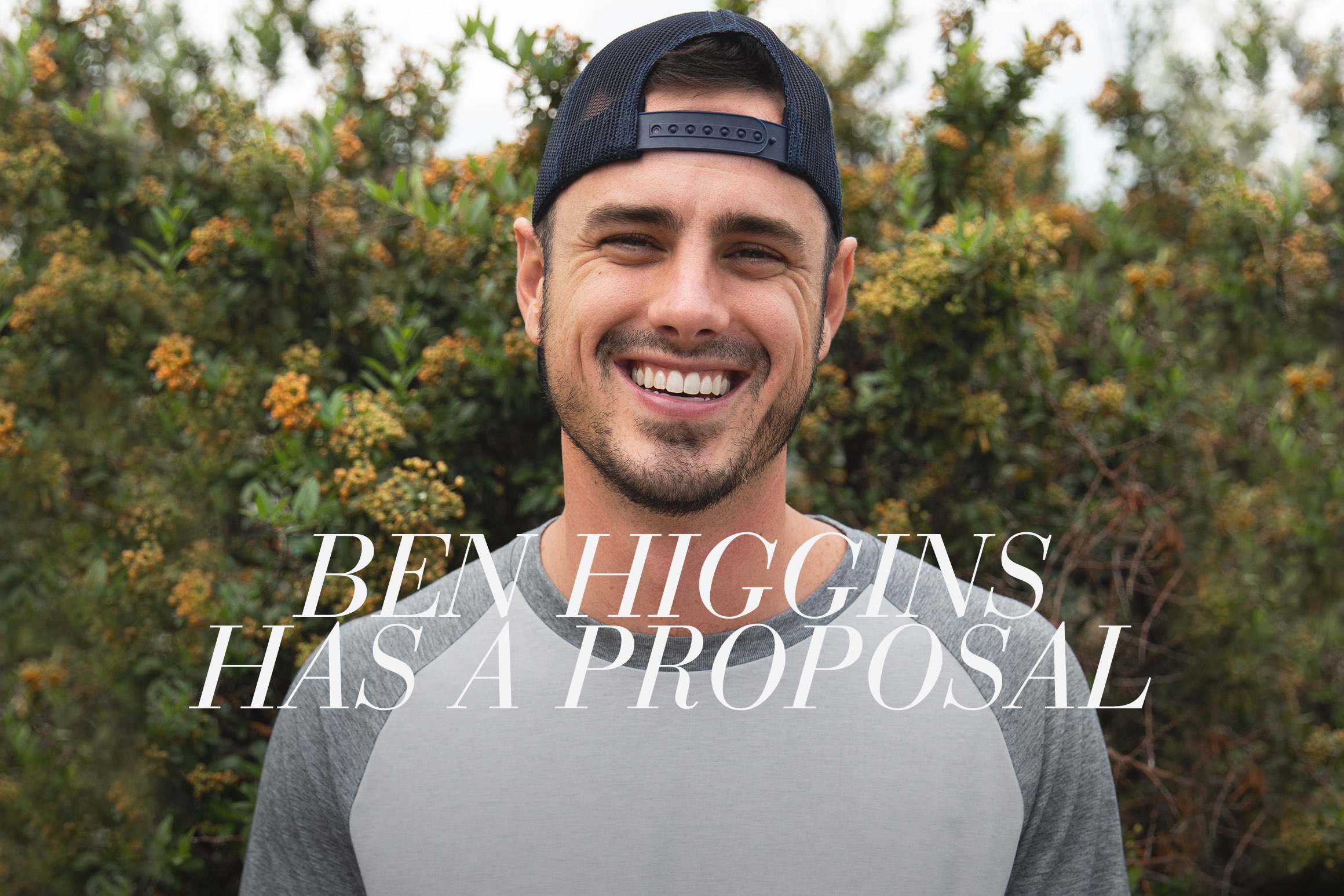
Years before his face was on a billboard in Times Square and 27 women were flying to Los Angeles to meet him, Ben Higgins’ whole world fit inside Warsaw, Indiana. In a town of just 13,000, everyone knows the quarterback, but the “fame” Higgins had growing up was nothing to becoming the star of The Bachelor.
Appearing on ABC’s reality dating show was a revelation for Higgins. Beyond the exposure, The Bachelor introduced him to cultures, backgrounds and perspectives that literally and figuratively couldn’t have been further from his humble, corn-fed roots. It was thrilling, but dangerous, and The Bachelor might have bested Higgins if it wasn’t for a single phone call. In one conversation, Higgins decided The Bachelor wouldn’t just be about him and a soulmate, but making a difference in the developing world.
This is how the most beloved Bachelor in America became an advocate against poverty.
I: Indiana
Warsaw, Indiana—”The Orthopedic Capital of the World”—is so tiny the most common question on its website is, “When is the city’s trick-or-treat night?” The closest professional sports team is the AA hockey Fort Wayne Komets, the town’s Central Park hosts concerts every summer (the Rockin’ For Riley benefit show is June 14) and if you have a complaint, the Mayor gives out his personal email.
Everyone holds more or less the same beliefs in Warsaw, from politics to faith. Higgins says growing up, you were in the minority if you didn’t believe in God, and if you did believe, there was never a reason to question it.
And if you were a teenage Ben Higgins, why question anything? He was a sure thing: a football player, basketball player and active participant in the mission trips his church took to Honduras each summer. Life was good. But his junior year of high school, Higgins suffered a knee injury that ended his athletic career and put him on painkillers until his freshman year at Indiana University, three hours up the road in Bloomington. He walked on campus drugged up, shell shocked and completely out of his element. He was only 177 miles from his front door, but it might as well have been another planet.
“As a kid, we’d go to my grandparents’ house an hour from my home and it felt like we were leaving the country,” Higgins says. “I got really depressed my freshman year of college, not just because of the prescription drugs I was taking, but because everything was so unfamiliar. Everything I thought was true was turned upside down.”
At IU, Higgins fought to preserve the perception of the world he’d built in Warsaw. He found people who grew up in similar places within similar family structures, and he connected with people who shared his faith and belief system. Higgins was close to difference, but since he could choose whether to engage with it, he played it safe.
For some reason, that safety dissatisfied him. Higgins could retreat from the culture shock of IU, but he couldn’t retreat from the realization that he was naive. It nagged at him. He wanted to shake up his life, but he was too comfortable to change anything.
So someone made the change for him.
II: Denver
After graduating with his degree in Public Affairs, Higgins moved to Denver, Colorado to begin work as a software salesman. Every day, he sat in a cubicle in a windowless basement, writing user manuals for tech developers so they could build products for clients. Higgins would receive issue reports from clients, diagnose bugs, then type out and forward the scripts.
As Higgins talks through his old job, he pauses: “Did I just bore you to sleep?” By his own admission, it was the least exciting job imaginable. It didn’t suit him, but he wouldn’t make a change.
Then in 2015, a coworker set some truth in front of Higgins. He still remembers her words to him:
You’re a sad dude. And you shouldn’t be. I see moments of you having this attractive spirit, but you shut down. It’s like you need something more.
Higgins says she had him dead to rights.
“I had this desire to be around people, to leave a legacy, to speak openly and honestly about my faith and my family and the things that meant a lot to me, but I’d go into a shell very quickly,” he says. “I wouldn’t pursue relationships, I wouldn’t pursue people. I wasn’t allowing myself to get out of the boredom. I thought life was simple: go to work, come home to your family, share a dinner, watch TV, maybe read a bit and go to bed. I thought life was Warsaw, Indiana. That’s how I thought I should be living.”
Higgins’ coworker signed him up to audition for ABC’s reality dating franchise The Bachelor. It was an absurd notion: Throw the Warsaw kid into the bright lights of unscripted television. Take the culture shock he experienced in college and crank it up to a thousand.
Sure enough, Higgins turned that audition into a spot on The Bachelorette, and one year later, he was elevated from contestant to star when he became the capital-B Bachelor. Higgins’ face was on Times Square billboards and tabloid covers, and his name was on the lips of women (and men) across America. In a flash, the kid from Warsaw was more known than he’s ever been.
“Think about this,” he says. “I’m walking onto The Bachelorette broken and upset and not believing in myself. [Then I’m] being thrown on the side of a building with 27 of the most beautiful women you’ve ever seen in your life showing up to date me. That’s where I was. You want to talk about an ego boost? It messed me up pretty good.”
Even though he had seen more of the world than ever before, Higgins’ point of view had shrunk from Warsaw to a place populated by just about no one except himself. He knew the exposure was changing him, and he didn’t like it, but still…those 27 girls.
The mansion, the women and perennial Bachelor host Chris Harrison were waiting for him in Los Angeles, but as Higgins stepped aboard the plane he took a call from his friend Riley Fuller. They had been buddies since attending church in Warsaw together as kids. In 2010, Fuller had founded Humanity and Hope United, a non-profit promoting sustainable change in Honduras.
Higgins told Fuller about feeling insular and self-focused. That wasn’t who he wanted to be, but he was committed now to telling his story on network television, and that was an exciting opportunity. Fuller came back with a question: What if your time on this show was about something greater than yourself?
Higgins describes the moment as a redefinition of self. For him, The Bachelor wasn’t just going to be a love story. He’d had a mantra since his software salesman days: Live your life as if it could be written about in the Bible. This was how he could do that.
Ben Higgins was about to turn The Bachelor into a story from the Bible.
III: Los Angeles
“You want to hear about a show that creates stories?,” Higgins asks. “Everybody on [The Bachelor] has a powerful, unique, interesting story. It was the first time I think I was truly exposed to the world.”
Say what you will about its premise or dramatics, few shows on TV are more effective at pulling raw emotion out of its participants than The Bachelor. For the duration of each season—about six weeks of production—cast members aren’t allowed phones, books, movies or any mode of communication with the outside world. They build relationships in a tight, romance-obsessed bubble, and that’s why they profess love for one another within weeks of meeting. When you don’t have anything to think about except your partner (and their other partners), things tend to escalate.
Call the context manipulative, but in the moment, the contestants believe their feelings are authentic. That creates real connections, and to this day, Higgins doesn’t deride it.
“I don’t want to say it was the healthiest environment, but I believe this fully: The Bachelor acted like church to me, because it was a bunch of people sitting around a room sharing their hearts with each other, saying ‘I’m hurting,’ ‘I’m broken,’ ‘I don’t know what’s next,’ ‘I’m confused.’ That’s why it was so life-enhancing for me. I felt like I was at church every day. Want to see a grown man cry? Sit in on that show, and you’ll see a grown man cry every day.”
Higgins believes when you enter a place where everything is stripped away and all you have are your relational abilities, desires and dysfunctions, you see people’s hopes for belonging. The highs of The Bachelor come when people transcend their brokenness and commit to one another, and the lows come when people feel lost or helpless in the ways they come up short.
One question Higgins remembers hearing in The Bachelor mansion was: ‘What can I do to help myself?’ He has an answer.
“To me, the answer is that you can’t help yourself,” he says. “You can practice things that encourage you and support you, but ultimately there is a God who is desiring to be with you, and He is with you right now.”
In the three years since he went on The Bachelor, Higgins has become one of the most popular leads in the program’s history, yet some in the faith community still criticize his appearance on the show. Higgins says he never anticipated the conflict. He understands why you might object to him dating multiple people at once, and he agrees “only one name should be famous, and that’s Jesus,” but the accusations that he’s not really a Christian don’t make sense to him. He told in RELEVANT in 2018: “It’s odd that a portion of the Christian community believes we can’t put ourselves in an environment that seems counter to what we know Christianity to be.”
Now, he adds, “Are we afraid that Jesus isn’t somewhere? That’s my question. Do we actually believe Jesus is present at all times within us and between us? If that’s the case, there’s no place on this earth we should be scared to enter into and fearful of learning from.”
If people were going to accuse Higgins of being all talk, he’d prove them wrong. He still hadn’t forgotten his phone call with Riley, and now, fresh off the show, the capital-B Bachelor was going to use his platform to not only make Jesus famous, but make the world around him a better place.
IV: Honduras
When Higgins was 15, he went with his church on a mission to Honduras. They drove into a village on a bus outfitted with security guards and passed out food to the locals. Higgins remembers people were fighting over the boxes, and something about it didn’t sit right with him, but he wasn’t sure what.
The next year, his church went back to the village. It was the same thing all over again: bus, guards, boxes of food and people fighting over them. Higgins realized what was wrong.
“We were scared of poverty,” he says. “We were treating other humans like they were less then because they were hungry. The plan was to go down, pass some things out, leave, then come back the next year and do the same thing. And no one’s going to benefit, but we’re going to feel fantastic, take pictures and be talking about it on social. That pissed me off. Because of the words of Jesus, there’s nothing okay with closing your eyes and moving away from something inhuman. Generous International was really started by the anger against poverty.”
In November 2016, Higgins went back to Honduras with Riley Fuller to talk about creating sustainable change in the region. Fuller’s non-profit, Humanity and Hope United, had made strides in the country, but they were looking for more consistent financial backing. The two friends had an idea: Create a for-purpose company that pours all its profits back into H&H, and make that company a force for good in and of itself. Generous International, a coffee company rooted in fair trade that donates its proceeds to non-profits, was born.
Over the next year, Higgins became the CEO of Generous International. Today, it’s his full-time gig, yet he doesn’t give himself a cent from the organization. As a former Bachelor, Higgins monetizes his time on the show through appearances and an iHeart Radio podcast, but that’s just to keep the lights on, he says. His real purpose lies away from that universe.
“I’m staying in human services,” he says. “We’re trying to fight human injustice, poverty, sex trafficking, anything that makes anyone feel less than. Those things are just not an option. Whatever you believe the kingdom of heaven is and how it’s coming to earth, I believe we have a piece in that. We’re called to cultivate and be a part of this world and I want to be a part of that.”
In its first year, Generous International donated $20,000 to humanitarian efforts. Their main priority was to help Humanity and Hope United empower Honduran women to join the local workforce. Those job-creation efforts saw a 100-percent success rate; every woman who sought work where H&H had a presence was able to find employment. Generous’ coffee has appeared at dozens of fundraisers, and the organization’s ambassador initiative has expanded its platform beyond change in Honduras to a wide array of issues.
“Generous ambassadors advocate for different causes and injustices,” Higgins says. “People want a platform to speak off of, and Generous is allowing them to use a product like coffee to speak on what is good for the world. There are now 150 people advocating for social justice because of Generous.”
V. Indiana, Again
By his own admission, Higgins is “not a young buck anymore.” He just turned 30, and with the benchmark comes a sense of responsibility that he says is exciting to him, but you sense freaks him out a little. There’s a lot of newness coming up for Higgins. Generous will open its first coffee shop in Golden, Colorado this spring, a fresh Bachelor cycle means likely a few more on-camera cameos and he’s entered a committed relationship for the first time in three years. It’s another period of redefinition.
“I’ve enjoyed this season more than I thought I would,” he says about his post-Bachelor life. “But I’m not walking into this next season without some struggle. I have work to do in every category of my life. Relationally, my identity has been being single for three years. I’ve gotten praise for being single, support for being single. I’ve gotten jobs for being single. I’ve enjoyed the attention, and taking that away has been hard.
“Professionally, I want to dive deeper. In 2019, we [at Generous] want a deeper relationship with Humanity and Hope United so they can reach more communities in Honduras. I want [the coffee shop in Golden, Colorado] to be fruitful and alive, where people feel accepted, loved, known and welcome.
“Spiritually, I’m in this weird season where Christian mysticism is attractive to me. I want to experience God. I haven’t in a long time, and now I’m going through seasons of doubt. I don’t feel like that’s the way God desires me to live, so I’m asking for His voice and guidance in that.”
And then beneath it all, Higgins feels a small tug toward home. So much has changed for him since he left Warsaw, but the town is still pretty much the same. Higgins feels a connection to the place he grew up, where his dad went to high school and his mom lived just an hour away. There’s a temptation around it, something about the pace of life or intimacy of the community or the general ease of things, that he feels even amid his global travels.
“It’s really odd,” he says. “I was able to know myself better living in Warsaw than any other place I’ve ever been. So much happens in Denver. When I’m in L.A. or New York, everything’s moving all the time and people are scattering around. In Warsaw, there’s a simplicity that I still desire to this day. I don’t know if it’s always healthy, but it’s desirable.
“I know I’m tempted to go back to a really simple life that doesn’t stretch me or push me or add any value. I’m still nervous of figuring out the next steps. That transition is going to be a challenge for me.”
Higgins remembers the guy who stumbled through his freshman year at IU and the sad software salesman who was thrown onto The Bachelorette, and he sees a purposelessness he never wants to experience again. For him, a return to the simple life means abandoning things like Generous and the parts of his life that remind him of his purpose to follow Jesus and make an impact.
But maybe Higgins doesn’t have to go back to Warsaw, because maybe he took Warsaw with him. When Higgins reflects on his adult life—The Bachelorette, The Bachelor, Generous—he realizes he hasn’t drawn back. He’s pressed in. He’s cried a lot. He’s learned and grown.
So Ben Higgins doesn’t feel ashamed when he thinks about the kid in Warsaw, the sad software salesman in Denver or the Bachelor in L.A. He’s seen that person change a lot, but they all have the values and faith he holds closer to his heart than anything.
“I want to leave a legacy that’s not just all the stuff I did, but how much I cared about the people I was around,” he says. “I’m really proud of how hard I’ve tried to do the right thing. I care a ton still, and I was worried I was going to lose that. Through all this craziness, I never became too big to care about people.”








